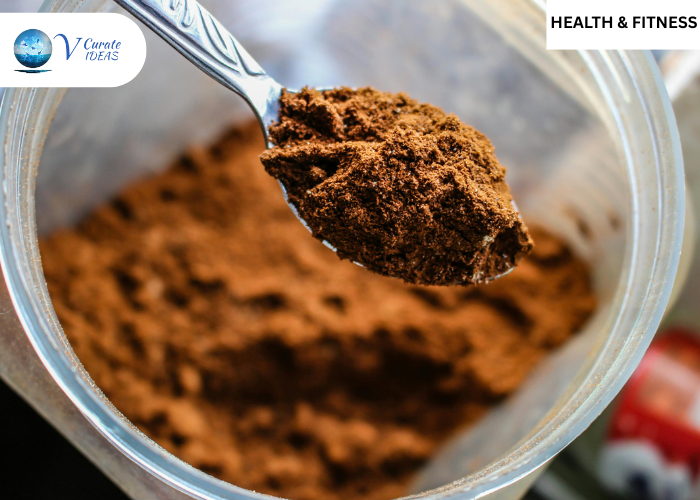Quiet Luxury: Simplicity or Subtle Status Symbol?
Quiet luxury celebrates elegance without excess—but is it true confidence or just another trend hiding in minimalism?

A new Consumer Reports (CR) investigation has raised serious health concerns over popular protein powders and shakes, revealing that many contain unsafe levels of lead.Consumer Reports tested 23 widely available protein products, including plant-based, dairy-based, and beef-based formulas. Findings showed that over two-thirds contained more lead in a single serving than what CR considers safe for an entire day. In some products, the lead levels were more than 10 times higher than CR’s safety limit.
The most alarming results came from plant-based protein powders, which averaged nine times higher lead levels than dairy-based products and double those of beef-based options. Among the worst offenders were Naked Nutrition’s Vegan Mass Gainer, testing at roughly 1,570% of CR’s daily lead limit, and Huel’s Black Edition, at over 1,200%. CR experts strongly advised consumers to avoid these products.
A Huel spokesperson defended their brand, stating the company conducts “rigorous testing” and remains “confident in the safety of its products.” Naked Nutrition, meanwhile, has ordered third-party testing and said it “takes customer health very seriously. Consumer Reports’ Paris Martineau noted that while dairy-based powders generally had lower contamination, about half still contained worrisome levels of lead or other contaminants — making them unsafe for daily use.
Nutrition experts also warned that most people don’t need protein supplements, as natural sources like eggs, beans, tofu, dairy, fish, and lean meats typically provide adequate protein. Instead, experts say many adults lack fiber, a nutrient essential for long-term health.
CR’s advice: if you use protein powders, limit them to occasional use and opt for whole foods whenever possible.